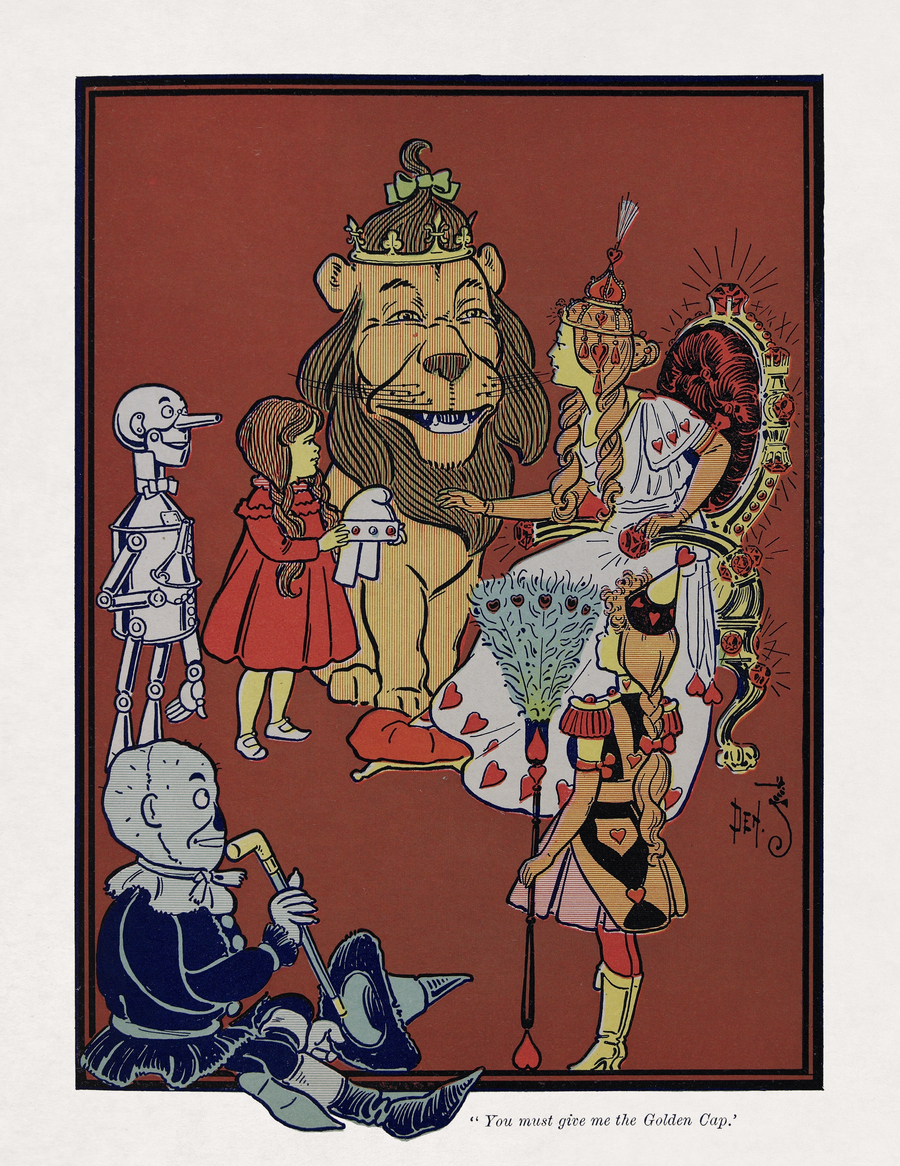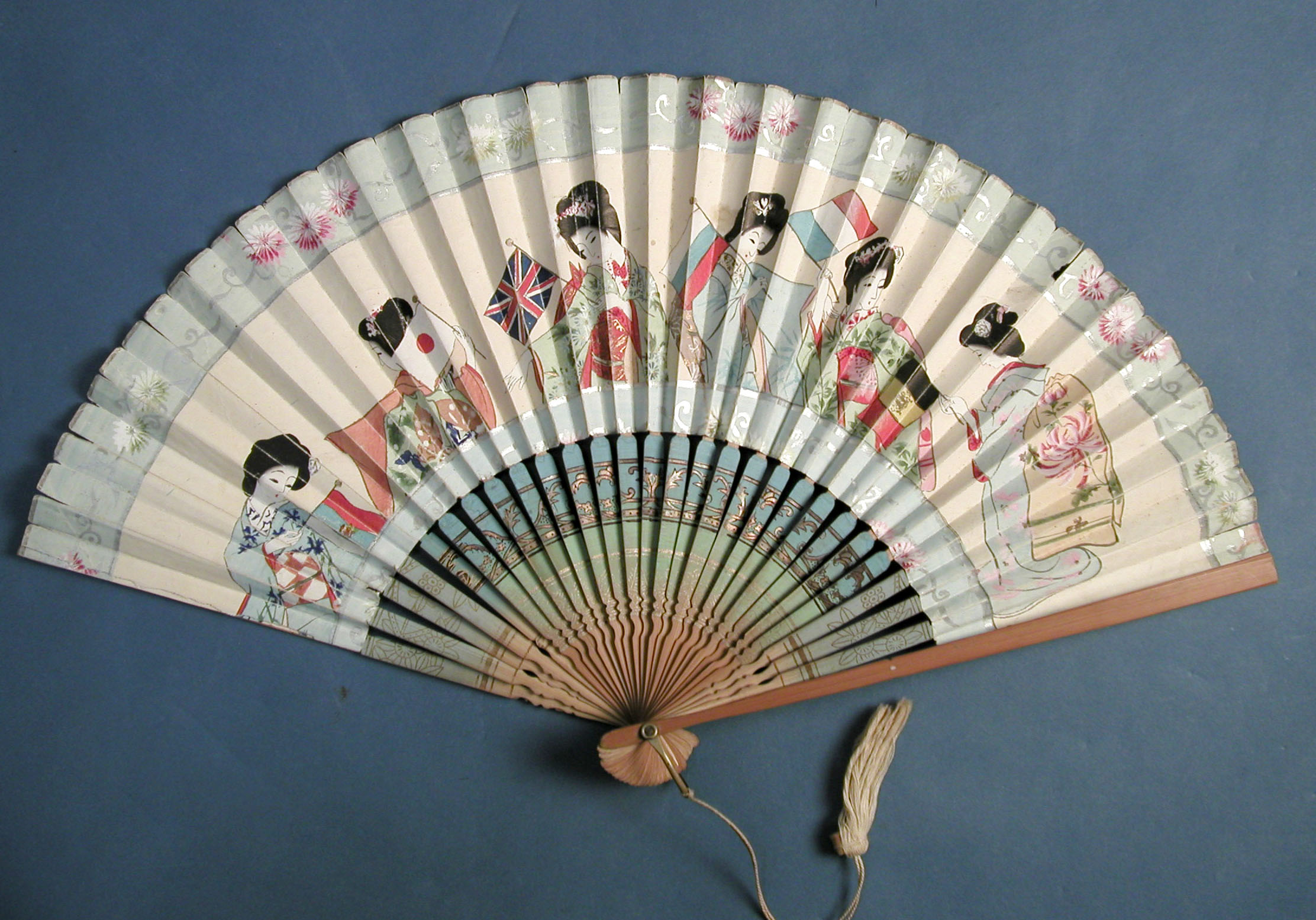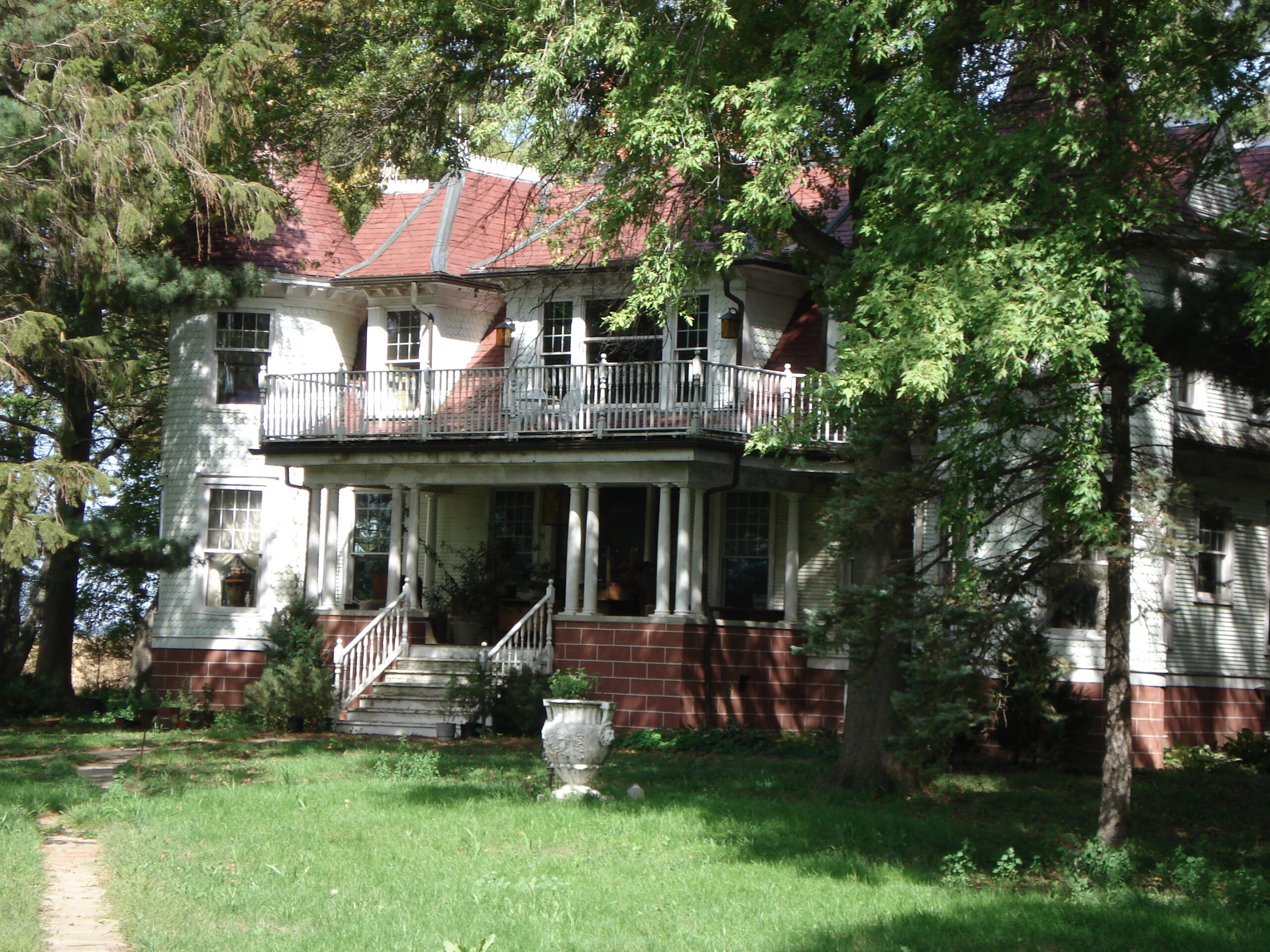
October 15, 2010
Stirling’s Gold

Stirling’s student thesis project of 1949-50, a community center for Newton Aycliffe
Highly recommended: a pair of exhibitions celebrating the career of James Stirling at Yale’s Center for British Art and School of Architecture. The show at the British Art gallery is the main event, a career retrospective that will be an eye-opener for Americans familiar with Stirling primarily through his three most reproduced projects (Cambridge, Leicester, Stuttgart).
The drawings on view are extraordinary — it’s a shame that this skill, which was obviously so central to the design process, has become all but obsolete. The A&A show looks at his work as a teacher (he taught at Yale from the 1959-1983), with projects from his many gifted students. I plan to write about the shows elsewhere, but just thought I’d advertise them here, now. Game changers.
Observed
View all
Observed
By Mark Lamster
Related Posts

Business
Kim Devall|Essays
The most disruptive thing a brand can do is be human

AI Observer
Lee Moreau|Critique
The Wizards of AI are sad and lonely men

Business
Louisa Eunice|Essays
The afterlife of souvenirs: what survives between culture and commerce?

Architecture
Bruce Miller|Essays
A haunting on the prairie
Recent Posts
“Suddenly everyone’s life got a lot more similar”: AI isn’t just imitating creativity, it’s homogenizing thinking Synthetic ‘Vtubers’ rock Twitch: three gaming creators on what it means to livestream in the age of genAIRaphael Tsavkko Garcia|Analysis
AI actress Tilly Norwood ignites Hollywood debate on automation vs. authenticity “I’d rather be a pig”: Amid fascism and a reckless AI arms race, Ghibli anti-war opus ‘Porco Rosso’ matters now more than everRelated Posts

Business
Kim Devall|Essays
The most disruptive thing a brand can do is be human

AI Observer
Lee Moreau|Critique
The Wizards of AI are sad and lonely men

Business
Louisa Eunice|Essays
The afterlife of souvenirs: what survives between culture and commerce?

Architecture
Bruce Miller|Essays
